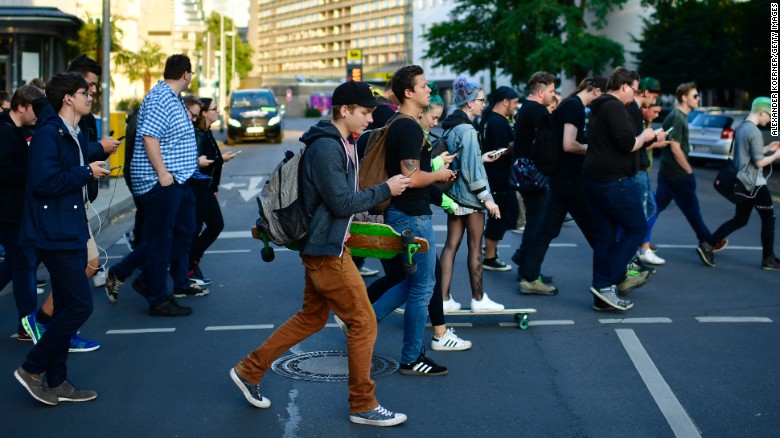RIO DE JANEIRO, BRAZIL – Thomson Reuters Foundation said in its latest report that the country’s leading mobile company, Spanish-owned Telefônica Brasil (Vivo), and three firms in its supply chain have been found guilty of engaging in slave labor.
A panel of labor judges in Espirito Santo state ruled that Telefônica, publicly traded as Vivo in Brazil, was culpable after workers toiled in slavery-like conditions during the building of a cellphone tower in 2014.

The decision supports the idea that companies be held responsible for labor abuses within their supply chain, even when not directly involved in perpetrating them, prosecutors and campaigners said.
The company and its contractors will be fined R$200,000 (US$53,167), but also risk being added to a “dirty list” of companies found guilty of slave labor by labor courts. The list is set to be published later this year, but prosecutors would not confirm whether Vivo would be added, writes Reuters.
“Telefônica advises that it does not condone any illegal work practices,” Vivo said in a statement, adding that it would appeal the decision.
Prosecutors said Vivo hired BR Towers, now part of American Tower, to rent a site in Espirito Santo for a cellphone tower, which then contracted Bimetal Industria Metalurgica to plan it. Bimetal subcontracted Norte Amazonia Construçoes to build it.
Eleven laborers were lured for the job from Maranhão, one of Brazil’s poorest states, working long hours for a month without adequate rest or bathroom or sleeping facilities, while receiving no pay. The employer held their working papers even after the job was done, leaving the workers “in a miserable state, abandoned on the place they were working on, unable to return to their homes,” wrote lead prosecutor Antonio Carlos Soares.
The case pre-dates American Tower’s acquisition of BR Towers, a spokesman for the company said, adding that the company’s policy was to not comment on ongoing litigation.
Thomson Reuters Foundation was unable to reach representatives from Bimetal and Norte Amazonia.
With the expansion of investments throughout the country in 2019, Telefônica Brasil holds a market share of 32.2 percent and recorded a net profit of R$2.8 billion (US$700 million) in the first half of the year.

Slavery in Brazil is defined as forced labor but also includes debt bondage, degrading work conditions, long hours that pose a health risk or work that violates human dignity.
At an unrelated event on Tuesday, Brazil’s right-wing president Jair Bolsonaro, who swept into office on a populist campaign targeting the opposition’s corruption and economic ineptitude, criticized labor laws: Bolsonaro said Brazil’s definition of slave labor “terrorized” employers.
But Caio Magri of Instituto Ethos, a non-profit that promotes sustainable practices by companies, responded that the Brazilian legislation constituted “a principle, a virtue that Brazilian society has created.”
(Source: Thomson Reuters Foundation)

